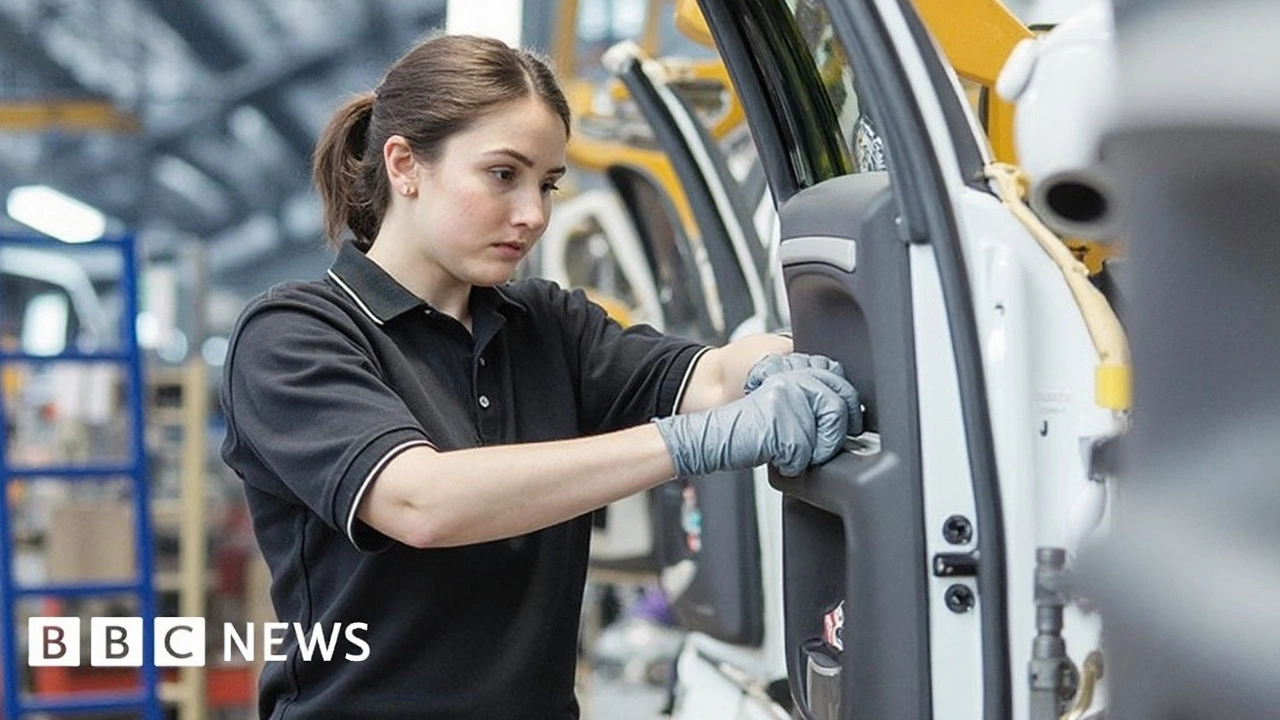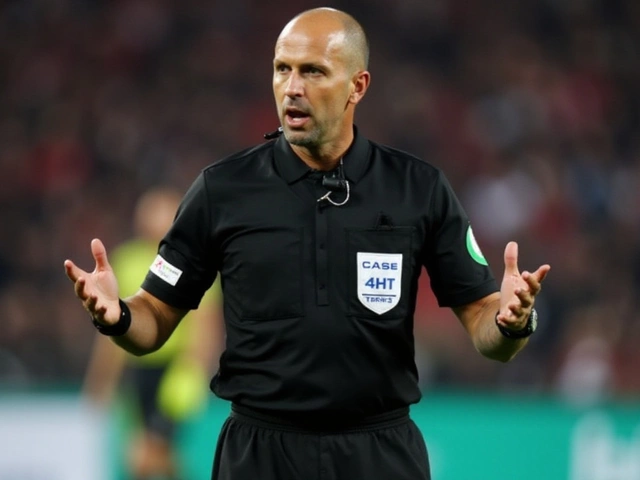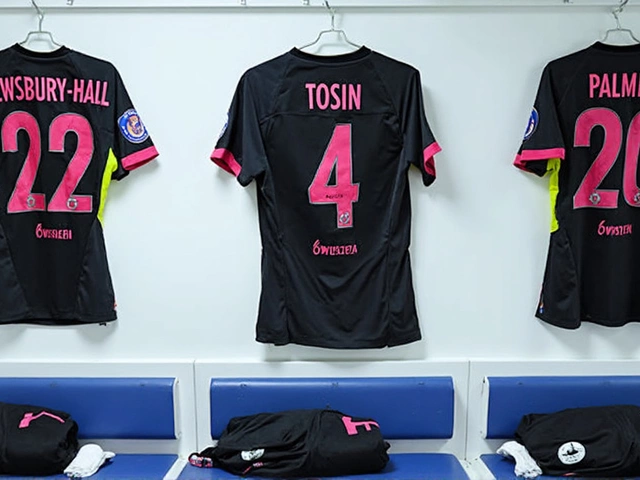The UK is making some strategic adjustments to its electric vehicle policies amid challenging global trade dynamics. These changes are particularly in response to the recent imposition of a 25% tariff by former US President Donald Trump on cars imported from abroad. This tariff has rattled the British automotive industry, given that nearly 27% of British car exports are headed to the United States. To cushion this blow, the UK government has announced revisions to its Zero Emission Vehicle (ZEV) mandate, allowing select hybrid models, such as the popular Nissan Qashqai e-Power, to remain on the market until 2035. Prime Minister Sir Keir Starmer is branding this move as a set of 'bold changes' aimed at supporting the sector during these turbulent times.
Let's dive a bit deeper into these changes. Whilst retaining the 2030 ban on new petrol and diesel cars, the government has carved out exceptions that extend the sales of diesel vans and plug-in hybrids until 2035. This policy tweak also includes some perks for smaller, luxury car manufacturers, including Aston Martin and McLaren, allowing them some breathing room with extended timings to comply with the set standards. For those manufacturers, producing less than 1,000 cars a year, this is a real lifeline amidst growing pressures to transition to cleaner energy.
Transport Secretary Heidi Alexander reiterated the necessity of these relaxations, emphasizing a balanced transition towards fully electric vehicles. Her pitch focuses on both 'protecting and creating jobs' within the industry. Nonetheless, not everyone is clapping. Critics fire back with concerns that these eased mandates may inadvertently slow the UK's overall shift to electric vehicles.
Industry voices, such as the Society of Motor Manufacturers and Traders (SMMT), appreciate the government's efforts. Yet, they caution there’s more to be done to effectively tackle the ripple effects of these US tariffs. Analysts warn that without maintaining competitive pressures among manufacturers, the potential reduction in competition could dampen the progress needed for price reductions in electric vehicles.
Amidst this evolving landscape, companies like Jaguar Land Rover have hit the brakes on their shipments to the US, taking time to reassess how they plan their trade routes and tactics. Meanwhile, luxury brands are finding some solace in these exemptions, giving them a more strategic foothold to ride out the current turmoil. As these changes take effect, everyone in the automotive industry is eagerly awaiting the UK government's 'modern industrial strategy' set to be unveiled this summer. This is seen as a crucial path forward to boost the sector's transition towards a greener future.





